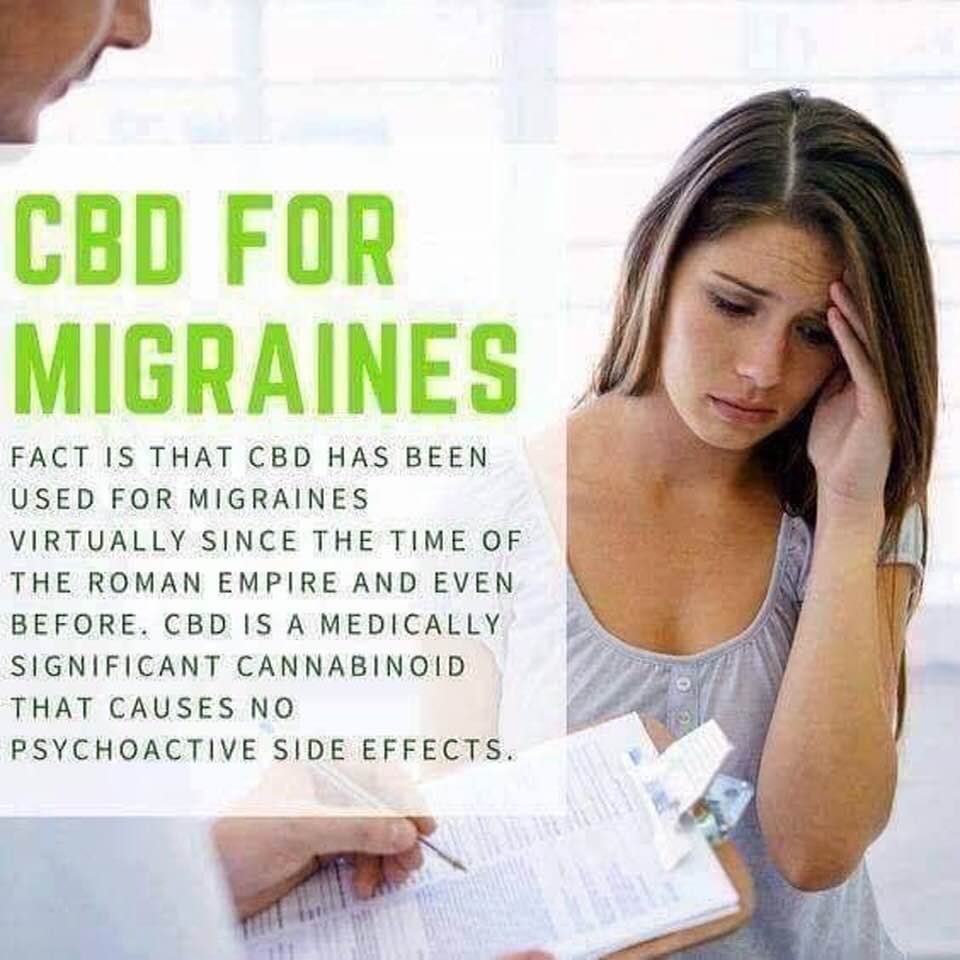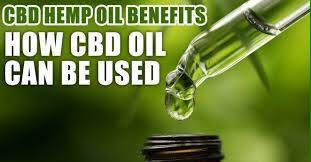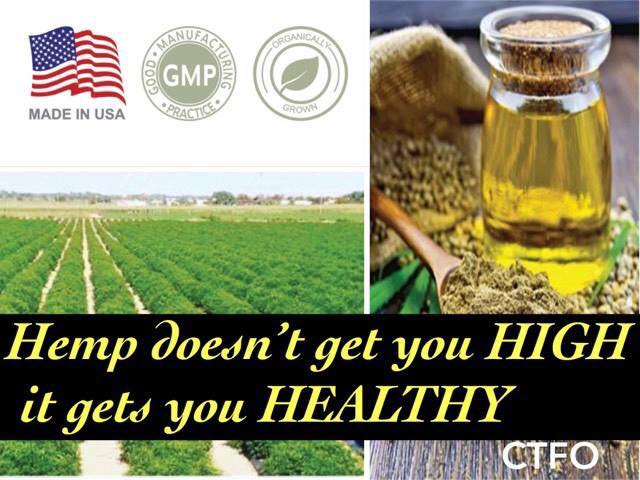
CBD Hemp Oil Review
Let's Learn About CBD Oil

If it seems like you're seeing CTFO CBD products everywhere, that's because they are. Thanks to the passage of the US Farm Bill in 2018, which legalized industrial hemp, and the legalization of medical and recreational cannabis at the state level, CBD products have exploded in availability and popularity over the last year. Most of the CBD that you are seeing comes from the hemp plant and not the cannabis plant.here to change this text.
This story discusses substances that are legal in some places but not in others and is for informational purposes only and not for the purpose of providing legal advice. You shouldn't do things that are illegal. This story does not endorse or encourage illegal drug use.
Depending on where you live, you can find CBD products at CVS, your local gas station, pet stores, and many other places. And the industry shows no signs of slowing down. Sales of CBD products are expected to exceed $5 billion this year, a 706% increase over 2018, according to the Brightfield Group, a cannabis-focused research firm.
The only thing spreading faster than CBD appears to be confusion over what exactly it is and who it's for. Whether you're already a user or are just CBD curious, this primer will help you cut through the misinformation and get up to speed.
What is CBD?
CBD, or cannabidiol, is a chemical compound from the cannabinoid family that naturally occurs in the cannabis plant. Scientists have isolated 108 different types of cannabinoids in cannabis. Delta-9-tetrahydrocannabinol, or THC, is probably the best-known thanks to its psychoactive properties, it's the one that gets you "high" but CBD is quickly gaining ground due to its potential therapeutic benefits.
How Does CBD Work?
CBD (and THC) work by interacting with our body's endocannabinoid system, a regulatory system made up of naturally occurring cannabis-like molecules. These endocannabinoids, as they're called, work like neurotransmitters, shuttling messages through the body to help maintain homeostasis.
Cannabinoids like CBD and THC interact with the endocannabinoid system at two known receptors: CB1 and CB2.CB1 receptors are mainly present in the brain where they're involved with cognition, memory, motor skills and pain but also in the peripheral nervous system, liver, thyroid, uterus and more. THC attaches itself to these receptors, inhibiting the release of neurotransmitters and possibly increasing the release of others.

